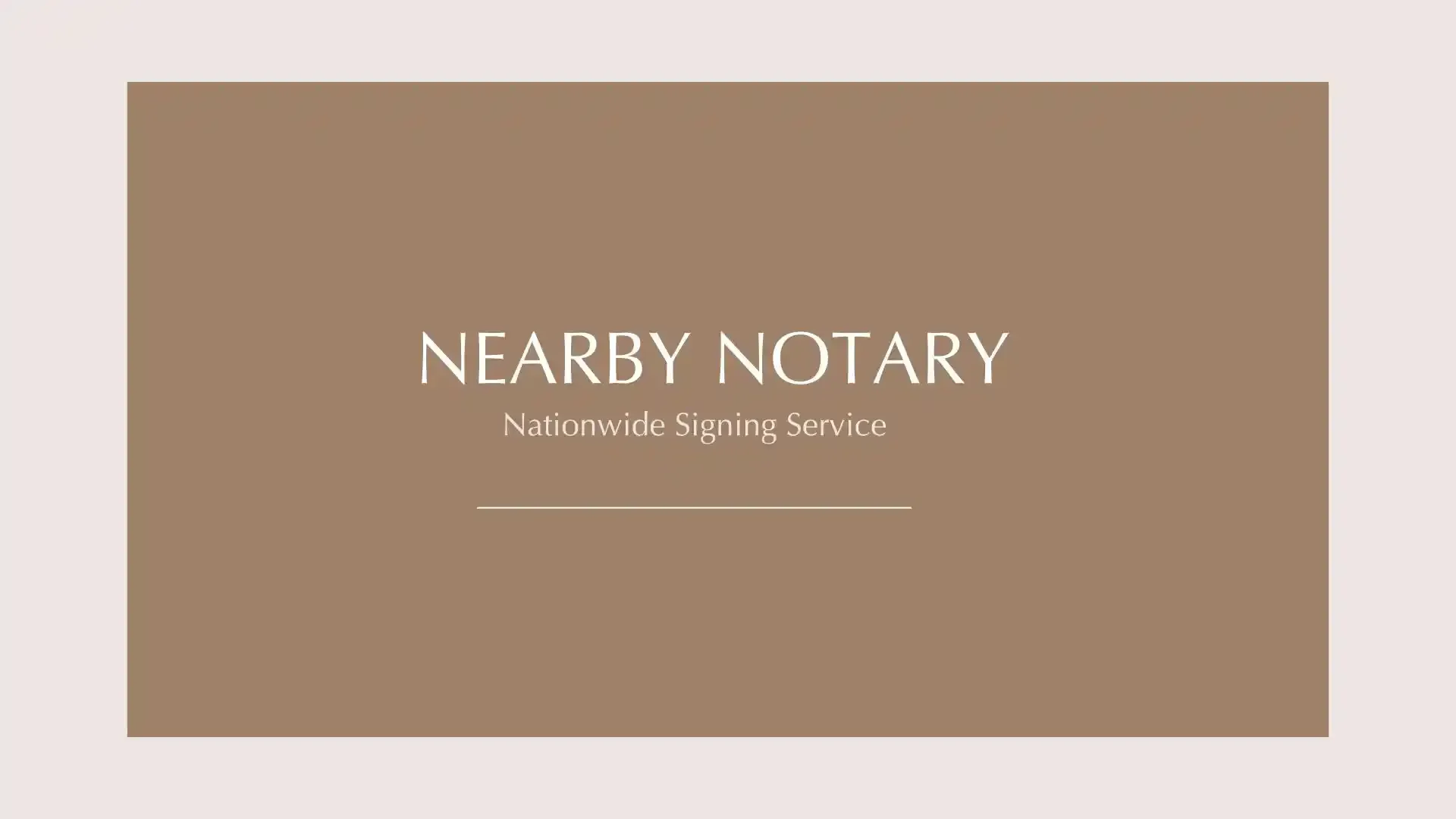Can a Notary Public Provide Legal Advice During a Signing?
Understanding the limits of a notary’s role during document notarization.
Notaries are trusted to witness signatures and confirm identities. But during a signing, clients often ask more than just where to sign. Some want help understanding the document—or even ask if it’s the “right” one.
This raises an important question:
Can a notary public give legal advice?
No, they cannot.
In this article, we’ll explain why giving legal advice is off-limits for notaries, what counts as legal advice, and how to protect yourself while still being helpful and professional.
Why Giving Legal Advice Is Risky
In every state, giving legal advice without a license is called the unauthorized practice of law (UPL). It can lead to:
Fines or penalties
Suspension or loss of your notary commission
Civil lawsuits
Criminal charges in some cases
Even if you think you’re just helping, crossing the legal line—even once—can have serious consequences.
What If the Signer Insists?
Some signers might push for help, especially if they think notarizing the document makes you an expert. When this happens, stay professional but firm.
Ask yourself:
- Is this question about the content or purpose of the document?
- Would this answer change someone’s legal decision?
- Could a wrong answer cause problems later?
If the answer is “yes,” don’t answer it. Refer them to someone who can.
Know the Line—And Don’t Cross It
As a notary, your job is to protect the document—not to explain or judge it. You’re a witness, not a legal advisor. Staying within your legal limits helps protect you, your business, and your clients.
When in doubt, remember:
Help with the process, not the content.
Refer questions, don’t answer them.

Know a notary who could use this reminder? Share this blog with new and experienced professionals who want to stay compliant and confident in their role.





